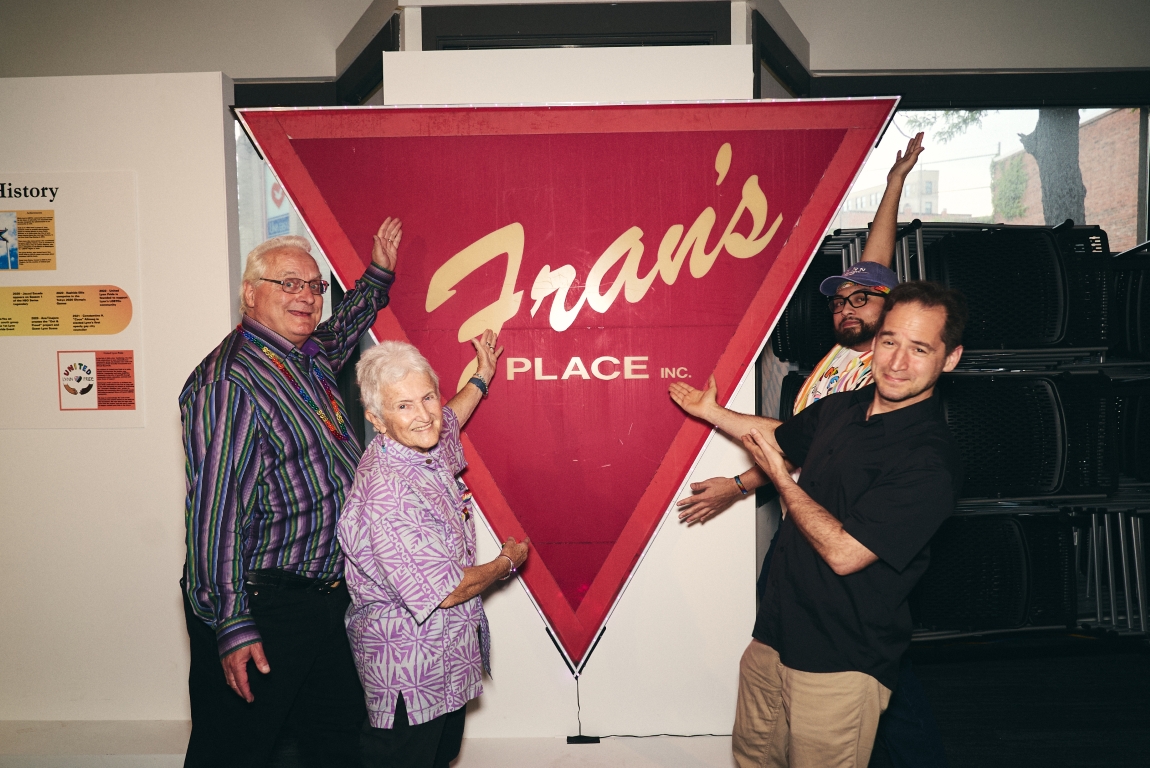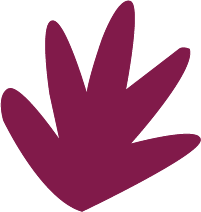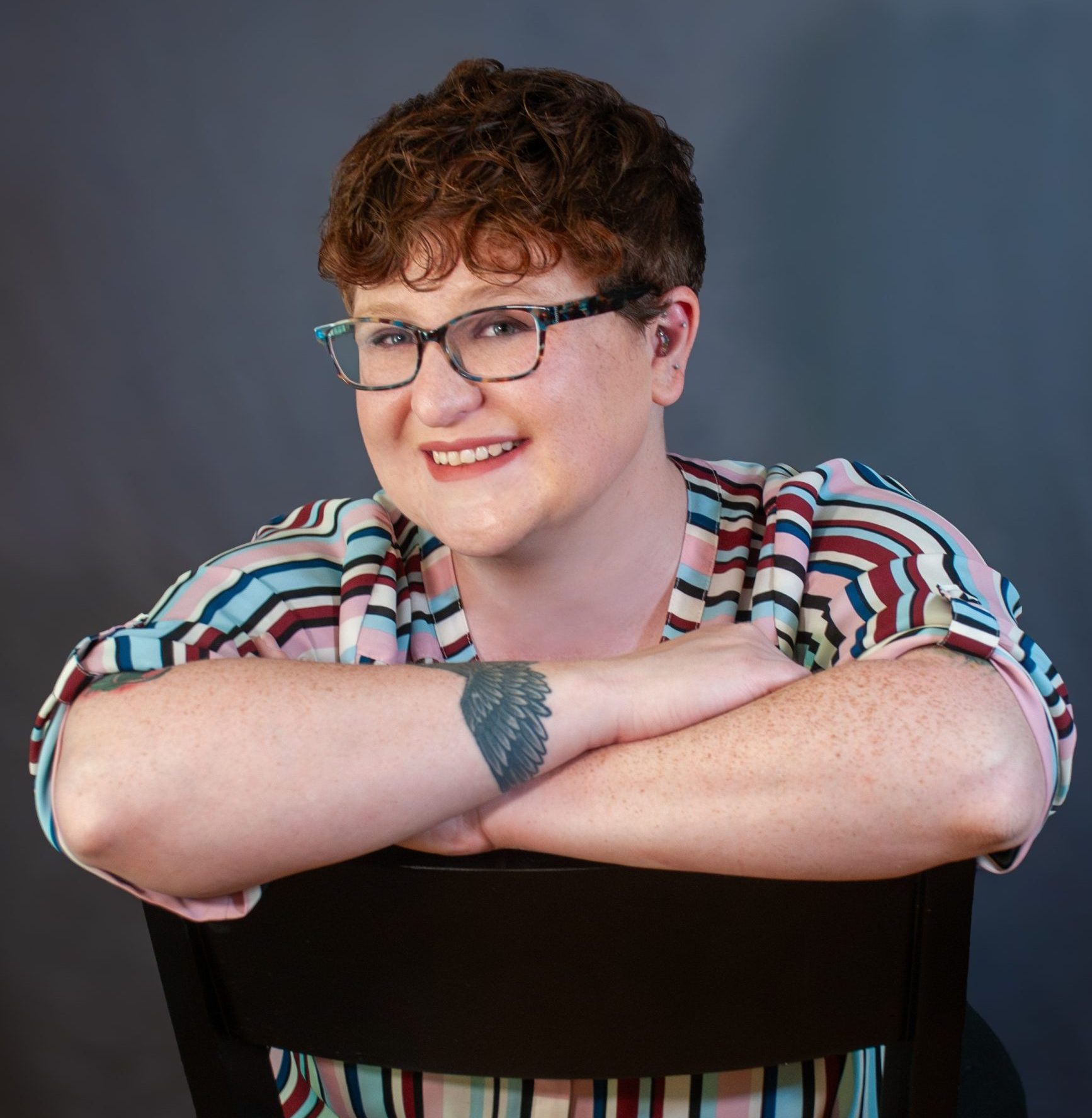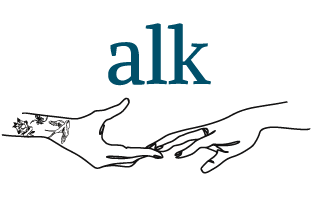Location: Lynn, Massachusetts
Mission: To unite, engage, and empower the lesbian, gay, bisexual, transgender and queer (LGBTQ+) community in the city of Lynn, MA through community events, education, outreach, and other various forms of support.
Important Facts About Lynn:
-
- • 103,489 residents
• 64% of residents identify as Black, Indigenous, and/or People of Color
• 35.7% of residents were not born in the United States
• The Light House Cafe at 776 Washington St was the first documented gay bar in Massachusetts. Later known as Fran’s Place, a queer bar would stand at that address for 79 years, from 1937 to 2016.
• In 2004, Lynn union activists Marcia Hams and Susan Shepherd, who met while working at GE in the 1970s and 80s, received the first same sex marriage license in the US.
- • 103,489 residents

When we reflect on U.S. LGBTQIA+ history, we often think about the moments in large, international cities, like the 1966 Compton Cafeteria Riot in San Francisco, 1969 Stonewall Riots in New York City, the Philadelphia Annual Reminders of the mid ‘60s, Harvey Milk’s election to San Francisco’s Board of Supervisors, or the 1987 National March on Washington and display of the AIDS Memorial Quilt. The reality is that queer history can be found in every community, extending before the mid-20th Century, including Lynn, Massachusetts.
“Through A Rainbow Lens: A Reflection on Lynn’s LGBTQ+ History” is a collection of 1400 photographs and documents and 32 oral histories documenting over 160 years of LGBTQIA+ history in the city. These largely volunteer efforts were recognized by the American Association for State and Local History with the 2025 Albert B. Corey Award, one of the most prestigious achievements in state and local history preservation.
Located on the ancestral homelands of the Naumkeag band of the Massachusett tribe about 12 miles from Boston, Lynn is categorized by its industrial history which continues to attract a large immigrant community. Once the “Shoe Capital of the World,” like many industrial towns in New England, Lynn fell into decline as manufacturing moved abroad in the mid-20th Century. Intertwined in the city’s working class history is also a rich queer story.
While LGBTQIA+ advocacy and community events have been held in Lynn for decades, United Lynn Pride (ULP) was formed in 2022 to lead the current efforts in the community. As organizers began planning 2023 festivities, there was a simultaneous interest to capture and uplift the city’s LGBTQIA+ history.
United Lynn Pride board member and, now, Project Director Jim Moser (he/him) volunteered to begin the project. “I’m retired,” Jim shares, “and I needed a project, so I volunteered. That kind of kicked the whole thing off.”
As Jim began his research in collaboration with ULP Executive Director Cristian Recinos (they/he/she), they discovered that there was a lot of people interested in the project. Jim began at the Lynn Museum & Arts Center, which has preserved the city’s history since 1867. Museum Executive Director Doneeca Thurston-Chavez (she/her) was immediately energized by the initiative. She saw the opportunity for the research project to grow into an exhibit at the museum, recommending that ULP contact Salem State University. They connected with Professor Andrew Darien (he/him) who had completed several oral history projects and knew about funding available from Mass Humanities. The team won a generous grant which would fund research assistance and strengthen the team’s ability to conduct community interviews.
“The 32 interviews we did with the community, they’re really the heart and soul of the project,” Jim explains. To identify the subjects, Jim and team made a list of people they knew were key figures in the LGBTQIA+ community and asked them who should be included. “We were trying to get a really diverse group, and always pushing for more inclusion,” he adds. As a result, the oral histories captures a breadth of identities, representing the age, racial, country of origin, gender identity, and sexual orientation diversity of Lynn.
The interviews dovetailed archival research, including deep dives into newspaper archives and interviews from the 1980s conducted by Dr. Pat Gozemba, who helped found The History Project, an LGBTQIA+ archive in Boston. The earliest newspaper article is from 1860, documenting the critical role of women in the shoemaker strike, which laid the groundwork for future advocacy in the city. Other pre-Stonewall articles document Oscar Wilde lecturing at the Lynn Music Hall in 1882, a liquor license extended to Light House Café in 1937, and an 1896 “Spinster Party” of 100 single women.
“We’re pretty sure that some of them were probably in Boston marriages,” Jim shares, “so it was great to make that connection. It’s so hard to find information about LGBTQ people before the sixties because the language was different. People were more secretive. It just wasn’t a thing like it is a thing now.”
Like many LGBTQIA+ archives, “Through A Rainbow Lens” documents a lot of challenging times for the queer community in Lynn, as that is often what was reported on in mainstream channels. Articles throughout the 1970s and 80s discuss corruption and violence at gay bars, homophobic assaults, and police violence. However, there is also celebration and community including new queer spaces, solidarity during the AIDS crisis, and expanding representation and support through the schools and nonprofit organizations, like NAGLY – North Shore Alliance of GLBT Youth. Lynn’s impact on the queer community radiated beyond the North Shore with long-time queer club Fran’s Place recognized as “New England’s Best Dance Club” in 2004 and publication of The Guide to Gay New England.
The oral interviews and relevant documents were organized into twenty themes, ranging from coming out and discrimination to drag and family, for the virtual archive. The exhibit at the Lynn Museum used photographs, snippets from the interviews, and loaned items from Salem State University and personal collections to bring history to life.
“The high point of the project for me was getting the community together [for the exhibit opening],” Jim reflects. “All the hugs, all the people just being together again was so Important. When the [queer] bars were open, we had that community, but we’ve kind of lost that. And I think we need it now more than ever because the community’s under assault.”
In just a year, the team was able to pull together so much information, but they knows there is more out there waiting to be discovered and new ways to share this history with the community, both locally and beyond. ULP is seeking funding for a second phase of the project, which will include more interviews, hopefully with some of Lynn’s celebrities like world champion boxer, Rashida Ellis, and the first nonbinary Tony Award winner, Alex Newell.
At a time when there are attempts to erase the LGBTQIA+ community, “Through A Rainbow Lens” serves in important role in documenting queer history, specifically in a working-class city. Currently, the project lives on as a virtual exhibit and archive, as well as a documentary. The material is free to the public, increasing access for personal use or future research.
“It’s important that we write our history, so that it’s not forgotten, so that somebody else doesn’t write it, and so that it doesn’t get erased,” Jim concludes. “We’ve got it down now. It’s out there. They can try to erase it, but they’re not going to succeed.

Did that example spark some ideas for your museum or organization?
Let’s connect to make those ideas a reality! Book a Discovery Call today.

